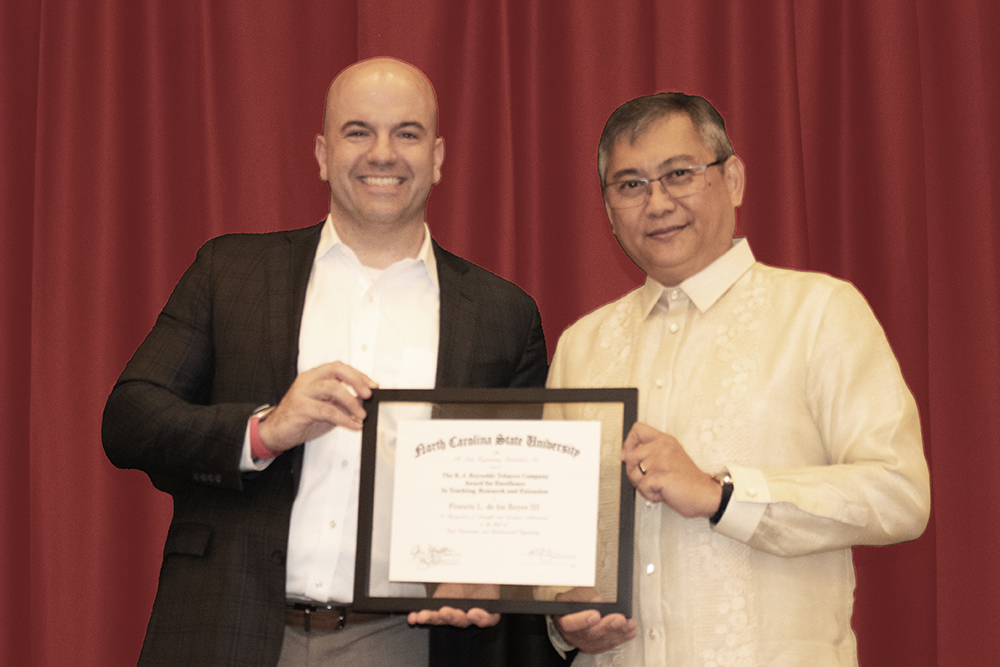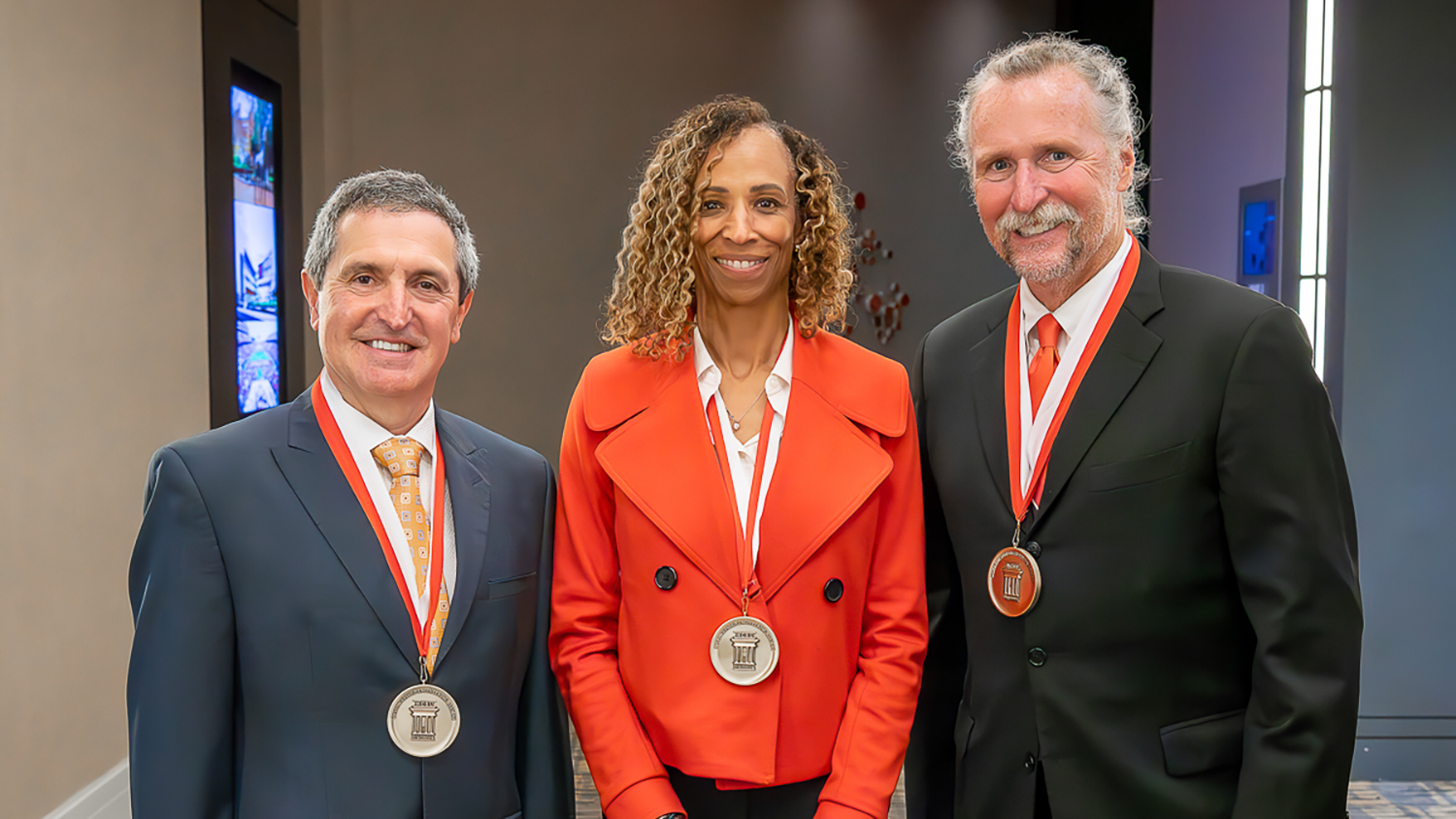The 2022 Amgen Biochemical and Molecular Engineering awardee is Robert M. Kelly. The Amgen Award (supported by Amgen, Inc., a biotechnology company with human therapeutic products) is given in memory of James E. Bailey to recognize research excellence and leadership in Biochemical and Molecular Engineering. A cash award and a commemorative plaque from Amgen will be presented at the ECI Conference on Biochemical and Molecular Engineering in Cancun, Mexico.
Robert M. Kelly is the Alcoa Professor of Chemical and Biomolecular Engineering at North Carolina State University and Director of the NC State Biotechnology (BIT) Program which trains over 400 students a year in molecular biotechnology laboratory skills. He obtained his bachelor’s and master’s of science in chemical engineering from the University of Virginia. After working at DuPont’s Marshall Laboratory in Philadelphia, PA, he moved to North Carolina State University, where he completed his doctorate in chemical engineering while serving as process engineer for the EPA Coal Gasification/Gas Cleaning Test Facility. After a decade at Johns Hopkins University as a faculty member in chemical engineering, he returned to North Carolina State University in 1992. At NC State, Kelly has served as Associate Vice Chancellor for Research and Graduate Studies from 2000-02 and has directed an NIH T32 Biotechnology Pre-Doctoral Training Program since 2000. He was part of the founding Scientific Advisory Board of Diversa Corporation, which became a publicly traded (NASDAQ) biotechnology company that focused on the discovery of novel enzymes from extremophiles.

Kelly’s research interests center on the biology and biotechnology of extremely thermophilic microorganisms from the domains Bacteria and Archaea. His work on extreme thermophiles has focused on biocatalysis and protein stability at high temperatures, novel features of microbial physiology and genetics at elevated temperatures, heavy metal biotransformations related to biomining and the search for life on other solar bodies (astrobiology). In the past decade, molecular genetic tools for these microorganisms have become available, enabling metabolic engineering efforts aimed at the production of bio-based fuels and chemicals from native and transgenic lignocellulose and through CO2 fixation powered by sulfur oxidation.
Among the honors that he has received are the American Chemical Society’s Marvin Johnson Award in Biochemical Technology (2004), the American Institute of Chemical Engineering’s Food, Pharmaceutical and Bioengineering Award (2007), the American Society for Microbiology’s DuPont Biosciences Award in Applied and Environmental Microbiology (shared with Michael W.W. Adams, University of Georgia) (2018) and the Lifetime Achievement Award, International Society for Extremophiles (2018). At NC State, he has received the RJR Award in the College of Engineering for Excellence in Teaching, Research, and Extension, NC State University (2003) and the Holladay Medal (2021), the highest distinction awarded to a faculty member by the University’s Board of Trustees. He is an elected Fellow of the American Association for the Advancement of Science (AAAS) and the American Institute of Medical and Biological Engineers. His service to the scientific community includes chairing the AIChE Food Pharmaceutical and Bioengineering Division (1996) and as editor of the American Society for Microbiology journal Applied and Environmental Microbiology (2012-2022). He also co-chaired two previous ECI meetings: Biochemical Engineering VIII (with Sabash Karkare) and Enzyme Engineering XV (with Frances Arnold and David Anton).
This post was originally published in the Department of Chemical and Biomolecular Engineering.
- Categories:



